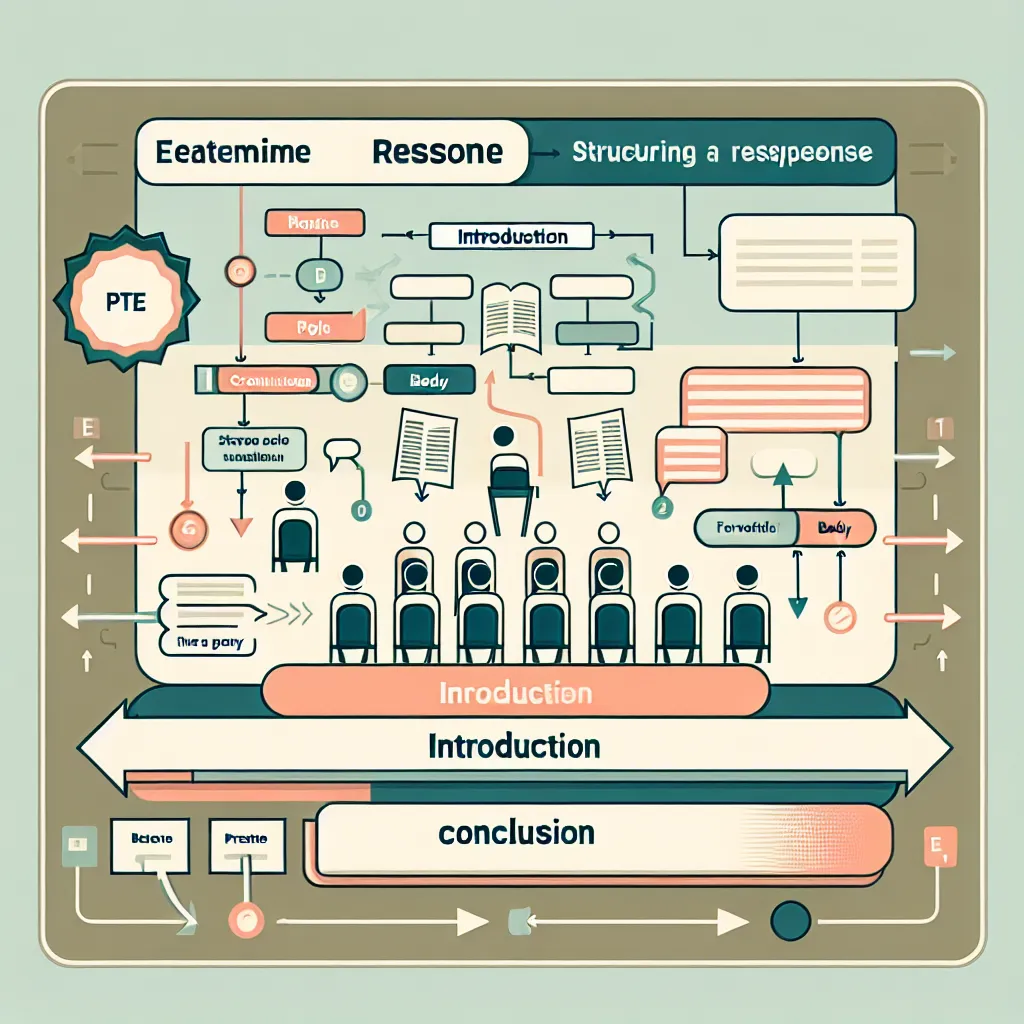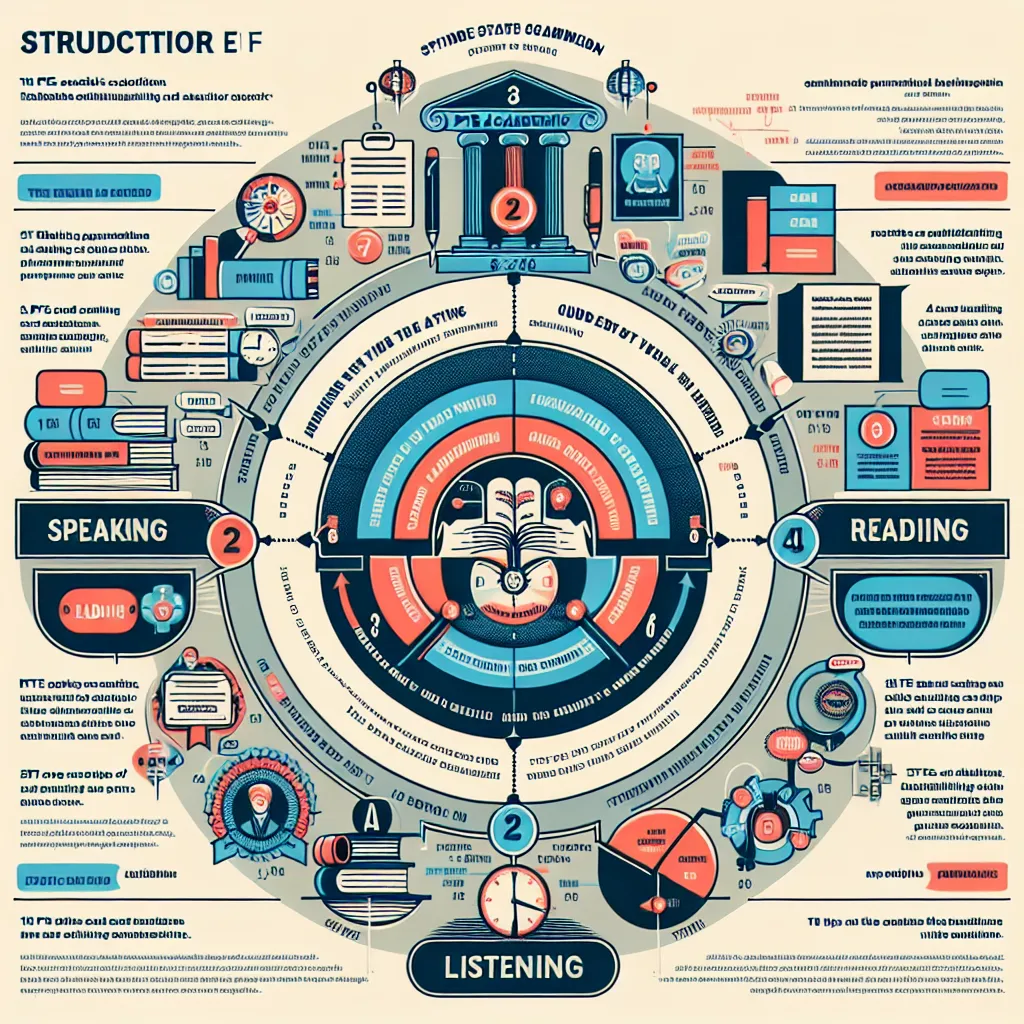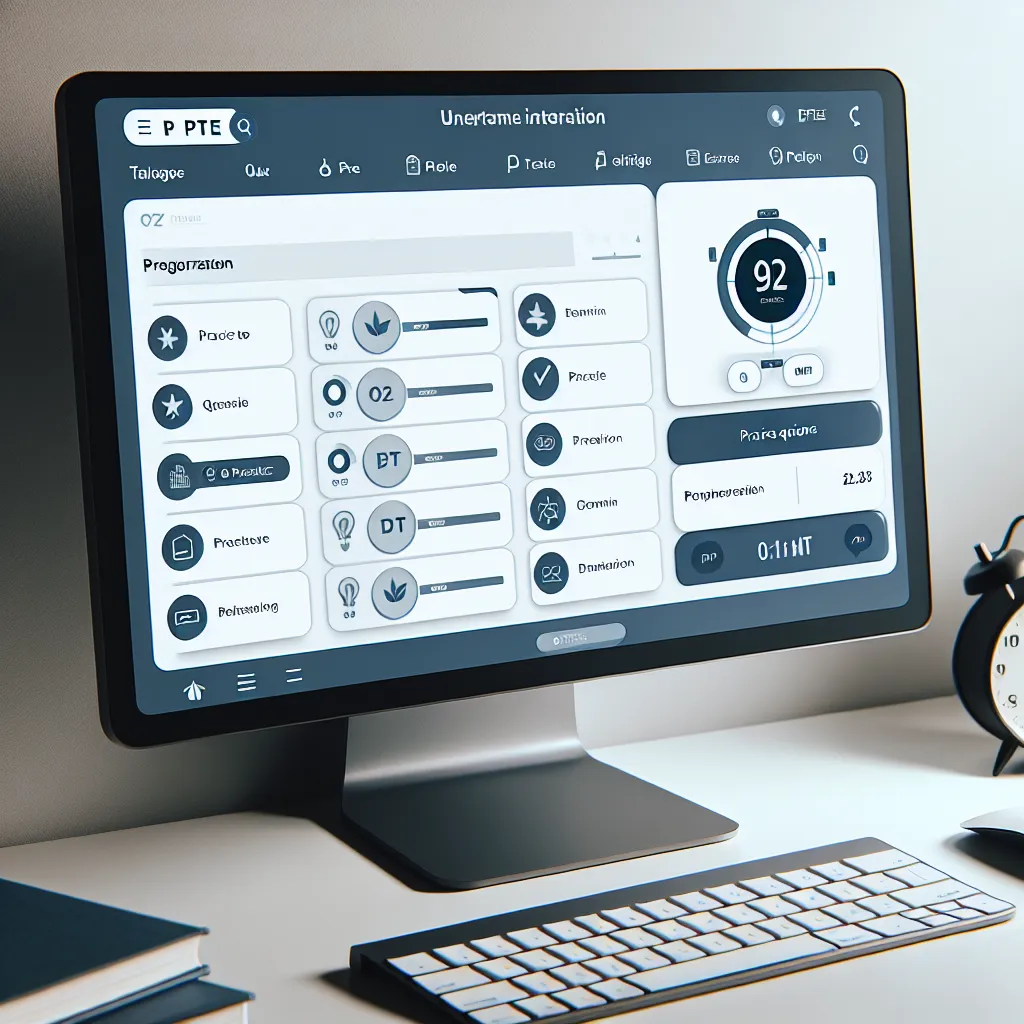Are you preparing for the PTE Academic exam and feeling anxious about the Re-tell Lecture task? You’re not alone. This challenging component of the test requires a unique set of skills, but with the right strategies, you can excel. In this comprehensive guide, we’ll explore some invaluable tips to help you master the PTE Re-tell Lecture task and boost your overall performance.
Understanding the PTE Re-tell Lecture Task
Before diving into the tips, let’s briefly review what the Re-tell Lecture task entails. In this section of the PTE Academic test, you’ll listen to a short lecture (60-90 seconds) on an academic topic. After the audio ends, you’ll have 10 seconds to prepare and 40 seconds to retell the lecture in your own words. This task assesses your listening comprehension, note-taking abilities, and speaking skills.
 PTE Re-tell Lecture Task
PTE Re-tell Lecture Task
Essential Tips for PTE Re-tell Lecture Success
1. Develop Effective Note-Taking Skills
One of the most crucial skills for the Re-tell Lecture task is efficient note-taking. Here are some strategies to improve your note-taking:
- Use abbreviations and symbols to save time
- Focus on key points rather than trying to write everything
- Organize your notes in a logical structure (e.g., main idea, supporting details)
- Practice with various lecture topics to refine your technique
Remember, your notes are just a guide to help you recall the information. The goal is to capture the essence of the lecture, not to transcribe it word-for-word.
2. Identify the Main Idea and Supporting Details
As you listen to the lecture, try to quickly identify the main topic and the key supporting points. This will help you structure your response effectively. Look out for:
- The opening statement, which often introduces the main topic
- Repeated words or phrases that indicate important concepts
- Transitional words like “however,” “moreover,” or “in conclusion” that signal new ideas or summarizing statements
3. Practice Active Listening
Active listening is a skill that can significantly improve your performance in the Re-tell Lecture task. Here’s how to develop this skill:
- Focus intently on the speaker’s words and tone
- Visualize the concepts being discussed
- Make mental connections between new information and your existing knowledge
- Anticipate where the lecture might be heading based on the information provided
By engaging actively with the content, you’ll find it easier to remember and retell the lecture accurately.
4. Structure Your Response Effectively
When it’s time to retell the lecture, having a clear structure will make your response more coherent and easier to follow. Consider this basic outline:
- Introduction: Briefly state the main topic of the lecture
- Body: Present 2-3 key points from the lecture with supporting details
- Conclusion: Summarize the main idea or provide a concluding statement
Practice this structure with sample lectures to make it second nature during the actual test.
 Structured Response Outline
Structured Response Outline
5. Use Appropriate Linking Words and Phrases
To make your response flow smoothly, incorporate linking words and phrases. These will help you connect ideas and demonstrate your language proficiency. Some examples include:
- “The speaker began by discussing…”
- “Furthermore, it was mentioned that…”
- “In addition to this point…”
- “To conclude, the lecturer emphasized…”
Using these phrases will not only improve the coherence of your response but also showcase your English language skills.
6. Manage Your Time Wisely
Time management is crucial in the Re-tell Lecture task. Here’s a suggested breakdown:
- 60-90 seconds: Listen and take notes
- 10 seconds: Quickly review your notes and plan your response
- 40 seconds: Deliver your retelling
Practice with a timer to get comfortable with these time constraints. Remember, it’s better to finish your response within the time limit than to be cut off mid-sentence.
7. Enhance Your Vocabulary
While you should primarily use your own words to retell the lecture, incorporating relevant academic vocabulary can enhance your score. Some strategies to improve your vocabulary include:
- Reading academic articles on various topics
- Learning a new word each day and using it in context
- Creating a personal glossary of academic terms
- Using vocabulary apps or flashcards for regular practice
8. Improve Your Pronunciation and Fluency
Clear pronunciation and natural fluency are essential for a high score in the Re-tell Lecture task. To improve these aspects:
- Practice speaking English daily, even if it’s just talking to yourself
- Record yourself retelling practice lectures and listen for areas of improvement
- Work on stress, intonation, and rhythm in English
- Use pronunciation apps or websites for targeted practice
9. Stay Calm and Confident
Maintaining composure during the test can significantly impact your performance. Here are some tips to stay calm:
- Practice deep breathing exercises before and during the test
- Visualize yourself succeeding in the task
- Remind yourself that you’ve prepared well
- If you make a mistake, don’t dwell on it – keep moving forward
Remember, confidence comes with preparation, so the more you practice, the more assured you’ll feel on test day.
Common Mistakes to Avoid
To further improve your performance, be aware of these common pitfalls:
- Trying to memorize the lecture word-for-word
- Spending too much time on details and missing the main points
- Using fillers (um, uh, like) excessively
- Speaking too quickly or too slowly
- Failing to use your own words to paraphrase the content
By being mindful of these issues, you can focus on delivering a clear, concise, and accurate retelling of the lecture.
Next Steps: Practice and Preparation
Now that you’re armed with these tips, it’s time to put them into practice. Here’s what you can do:
- Find sample PTE Re-tell Lecture tasks online or in PTE preparation materials
- Set aside regular practice time to work on this task
- Record your responses and evaluate them critically
- Seek feedback from English teachers or study partners
- Take full-length PTE practice tests to simulate exam conditions
Remember, consistent practice is key to improving your skills and confidence in the Re-tell Lecture task.
Conclusion
Mastering the PTE Re-tell Lecture task may seem daunting, but with these tips and dedicated practice, you can significantly improve your performance. Focus on developing your note-taking skills, active listening, and efficient response structuring. Don’t forget to work on your vocabulary, pronunciation, and time management as well. By following these strategies and avoiding common mistakes, you’ll be well-prepared to tackle this challenging task with confidence.
We’d love to hear about your experiences with the PTE Re-tell Lecture task. What strategies have worked best for you? Share your thoughts in the comments below, and don’t forget to check out our other articles on PTE preparation for more valuable insights and tips.




